Spring brings with it unique skincare challenges such as allergies, sensitivity, and sun damage, necessitating the use of the best moisturizer for skin to maintain its health and appearance. Lancer Skincare's approach, emphasizing dermatologist-developed products, ensures skin remains firm, radiant, and youthful, addressing common spring skin concerns effectively.
Adopting a skincare regimen that includes the right moisturizer is crucial for combating red, inflamed, and sunburned skin during spring. This article will guide you through selecting the best spring moisturizers by skin type, integrating advanced treatments, sun care, and practical tips for refreshing your skincare routine.
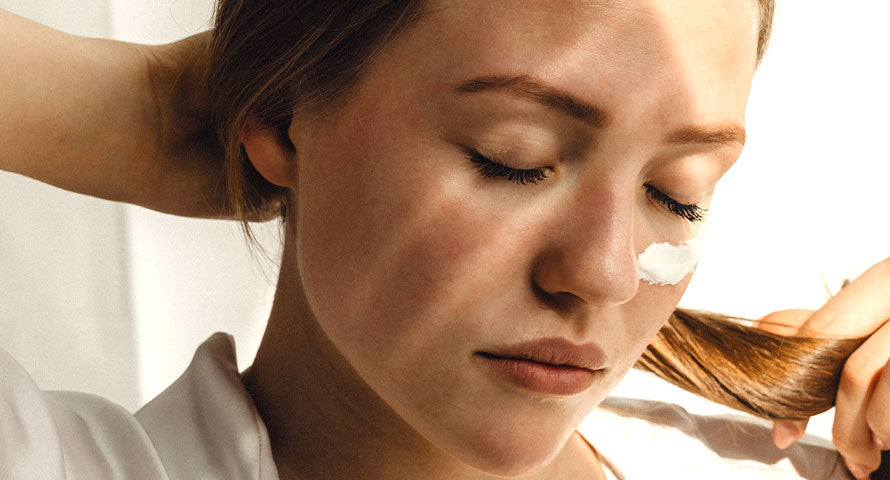
Understanding Skin Types and Their Needs
Identifying your skin type is the first step in selecting the best moisturizer for skin, especially during the spring season when skincare needs can change.
Skin Types
Oily Skin
Characterized by excess sebum production, resulting in a shiny appearance, enlarged pores, and a higher likelihood of acne.
Dry Skin
Lacks natural oils, leading to a dull, rough texture, and visible fine lines.
Normal Skin
Well-balanced, neither too dry nor too oily.
Combination Skin
Featured both oily and dry areas, typically with an oily T-zone
Sensitive Skin
Prone to negative reactions from certain products, showing signs of redness, burning, or itching.
Determining Your Skin Type
Watch and Wait Method
Observe your skin's condition 30 minutes after cleansing. Oily skin will appear shiny; dry skin will feel tight and flaky; normal skin will feel comfortable; combination skin will present an oily T-zone and dry/normal cheeks.
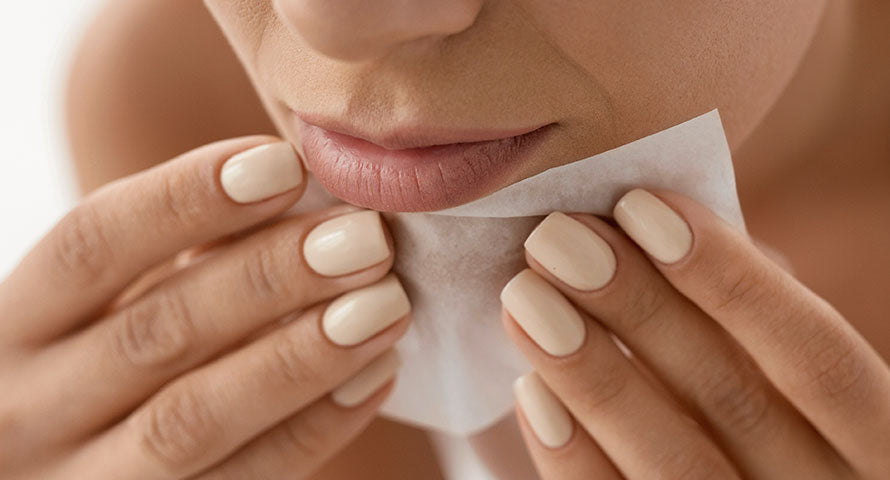
Blotting Sheet Method
Press blotting sheets to different face areas after 30 minutes. The amount of oil absorbed can indicate your skin type.
Factors such as pregnancy, diet, location, and age can influence skin type changes. For spring, incorporating products with lightweight humectants like honey for dry skin, and opting for water-based or gel moisturizers for oily and combination skin can be beneficial. Sensitive skin may require gentle exfoliating acids and skincare products that strengthen the skin barrier with omega-rich botanical oils.
Key Ingredients to Look for in Spring Moisturizers
When selecting the best moisturizer for skin this spring, focusing on key ingredients that address the unique challenges of the season is crucial. Here’s a breakdown of essential components to look for:
Hydrating Agents
- Hyaluronic Acid
- Glycerin
- Urea
- Aloe Vera
These humectants attract moisture, crucial for plumping up the skin and smoothing out fine lines.
Skin Barrier Supporters
- Ceramides
- Omega-3 and Omega-6 fatty acitds
- squalane
- Shea and Cocoa Butter Emollients and fats that repair and soften the skin's barrier, ensuring it remains resilient against environmental stressors.
Active Ingredients
- Glycolic Acid ( start with low concentration)
- Peptides for collagen renewal
- Botanical Oils ( Hemp seed, Rapeseed, Jojoba) for soothing
- Essential Oils ( snsure 1% dilution ratio)
These components work to exfoliate, firm, soothe, and scent the skin, enhyancing texture and tone while ensuring the skin is nourished and protected.
Incorporating products with these ingredients into your spring skincare routine can significantly improve skin health, addressing dryness, sensitivity, and the need for rejuvenation as the season changes.
Practical Tips for Integrating New Moisturizers into Your Routine
Integrating new moisturizers into your skincare routine requires a thoughtful approach to ensure compatibility with your skin type and existing products. Here are practical tips organized by skin concerns
For All Skin Types
- Patch Test : Always perfgorm a patch test on a small skin carea before full-face application.
- Gradual Introduction: Introduce one product at a time, waiting at least a month before adding another.
- Layering: Apply products from lightest to heaviest, ending with sunscreen during the day.

Addressing Specific Skin Concerns
-
Oily Skin : Opt for oil-free, antioxidant-rich moisturizers. Consider using a bentonite clay mask weekly.
-
Dry Skin : Use no-rinse cleansing creams and apply overnight hydration masks. A humidifier can also help maintain skin moisture.
-
Combination Skin : Balance is key. Use a gentle enzyme mask and a tea tree oil-based roll-on for targeted areas.
-
Sensitive Skin : Choose fragrance and dye-free products. Be cautious with essential oils and always patch test.
-
Normal Skin : Maintain with regular sunscreen application and incorporate retinoids for aging prevention.
General Tips
- Consistency : Be consistent with application for best results.
- Product Expiry : Check the open jar symbol for product efficacy and dispose of expired products.
- Application Technique : Apply moisturizer to damp skin in upward strokes to enhance absorption and support skin structure.
Navigating the spring season calls for a tailored approach to skincare, emphasizing the importance of choosing the right moisturizer for one's skin type. As we have explored, whether your skin is oily, dry, combination, or sensitive, there exists a range of moisturizers equipped to address the unique challenges posed by springtime conditions. By incorporating key ingredients such as hydrating agents, skin barrier supporters, and active constituents, individuals can significantly enhance their skin's health, resilience, and appearance during a time when it's most vulnerable to environmental stressors.
To ensure the longevity of these beneficial effects, it is essential to integrate these moisturizers thoughtfully into your skincare routine, guided by practical tips and a keen understanding of your skin's specific needs. Remember, the journey to radiant, healthy skin is an ongoing process of adaptation and care, particularly as the seasons change. As such, maintaining consistency in your skincare regimen and being open to subtle adjustments will go a long way in preserving your skin’s vibrance and vitality through spring and beyond.



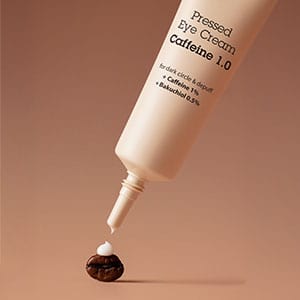
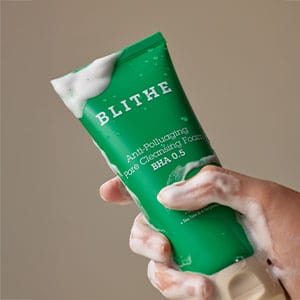
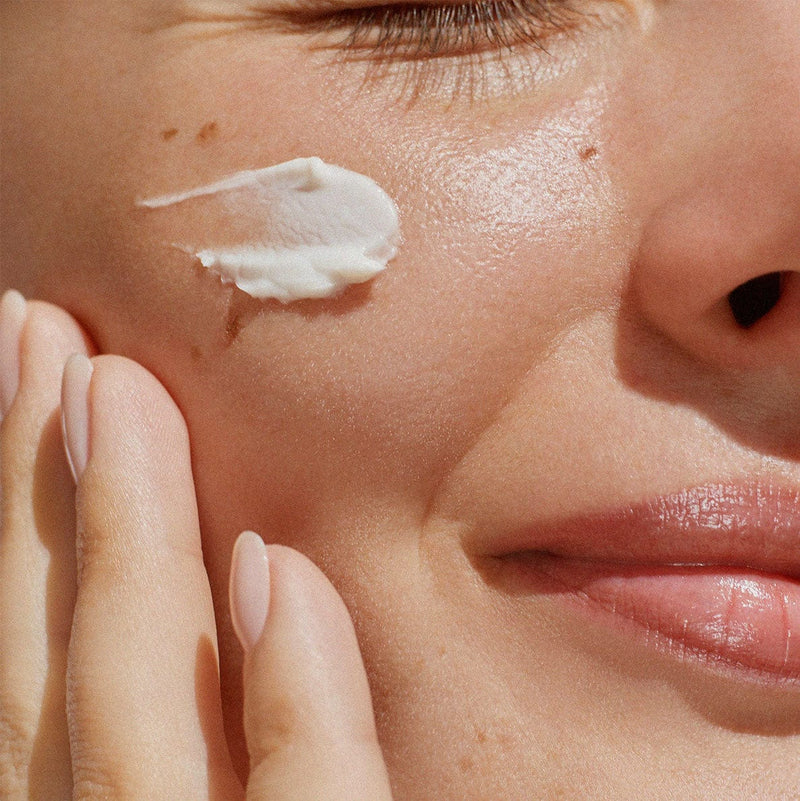

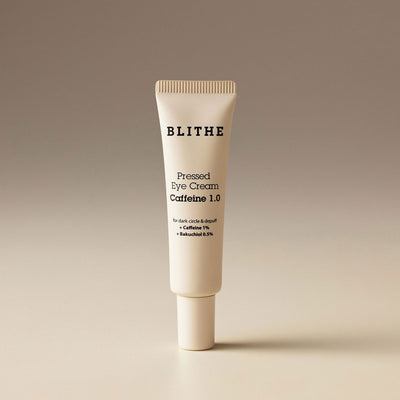
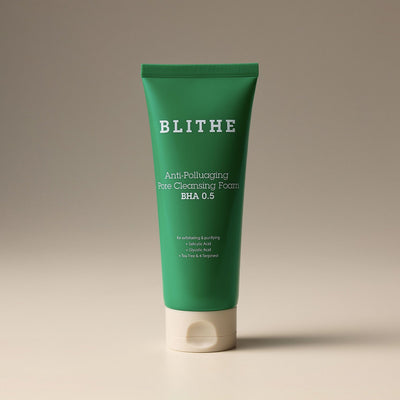
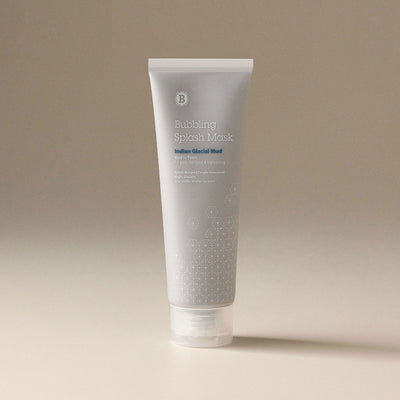
Leave a comment